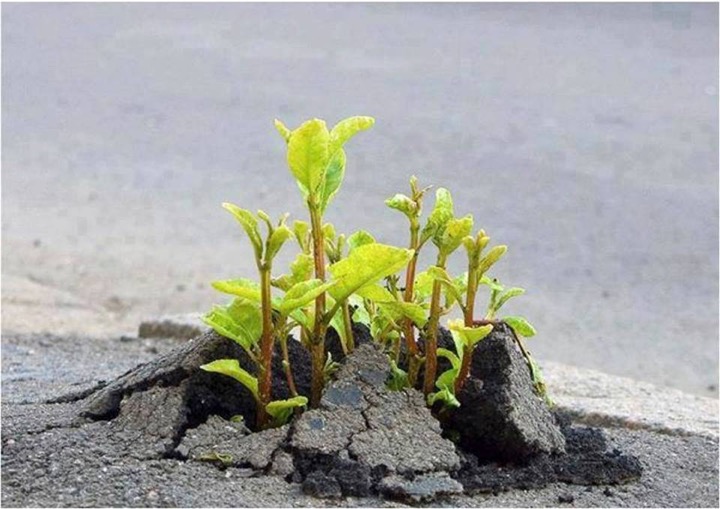Is Enlightenment Conscious Suicide?
Tuesday 18 Oct 2016
 This is a question that was posed to me by a friend when we were discussing some of the vocabulary around Buddhist Enlightenment; with words like Cessation and Extinguishment. It is a good question that plays into the formation of moral and ethical values and decisions that may be made around suicide and euthanasia. Severe physical and mental handicaps can diminish life quality and can bring about questions focussed on ending life. One view may be that we should accept and make the best of the blessings we still have, or on the other hand, we may deem it OK to, “cash in our chips”. This was all played out to good effect in the 2016 film --- “Me before You”. When we think about the question in this way it does tend to polarise our views and opinions around a choice between Life and Death and to my mind this does not allow for what I would see as a more balanced view in the middle.
This is a question that was posed to me by a friend when we were discussing some of the vocabulary around Buddhist Enlightenment; with words like Cessation and Extinguishment. It is a good question that plays into the formation of moral and ethical values and decisions that may be made around suicide and euthanasia. Severe physical and mental handicaps can diminish life quality and can bring about questions focussed on ending life. One view may be that we should accept and make the best of the blessings we still have, or on the other hand, we may deem it OK to, “cash in our chips”. This was all played out to good effect in the 2016 film --- “Me before You”. When we think about the question in this way it does tend to polarise our views and opinions around a choice between Life and Death and to my mind this does not allow for what I would see as a more balanced view in the middle.
Suicide is a harsh word connoting an action that will finish with one’s life. To consciously wipe out a life that is not acceptable. In the Buddhist world view however, this is not as simple as it sounds because consciousness will reform a new life out of the shape of the energy that left the last and other previous lives. This is the idea of Karma. Deep meditation practice can allow us to see our “mind stream”; that is, the stream of consciousness that is embedded in the still consciousness that our lives and the world are formed from. This knowledge comes from the direct knowing that Buddhist practice facilitates. It is called wisdom. When wisdom becomes strong, one starts to see life and live life from the present moment.
The present moment is very interesting because it is a place that is approaching reality. Reality lives in the present moment between the past and the future. Between the extremes! This can be seen and verified by anyone who wishes to practice and contemplate the question of reality --- by anyone who sees the benefit in becoming mindful of still consciousness, in order to see and understand the flow of their mind stream. To know stillness in the moment we need to develop wisdom in order to bring forward the clarity that stillness creates as we relax deeper into the mind. Saying it this way is analogous to an “analogue” technique that is widely practiced. Another technique that some practitioner’s like to develop is a “Jhana” experience. Jhana is analogous to a “digital” technique that presents a “Phase Transition” of energy in the mind that places attention directly on the still consciousness.
Whichever way a practitioner develops the stillness in their mind, it provides a perspective that gives a more truthful view of our lives and how the world works. We can notice how our lives are formed and how the world shapes us. The reality of our life and being becomes apparent. We see how it is all conditioned into existence. This perspective gives us the insight and wisdom to allow the mind to settle further, where notice that the lack of movement causes even the still consciousness to cease. This is called “Cessation”. We can then know the apparent and the transcendent all at once. All in the Present Moment! At this point Karma cannot be made because the larger potential of the Universe has finished and it is all playing directly through the mind that knows. This knowing sees the perfection and truth of everything. It is completely balanced and at the death of this knowing body and mind there will be extinguishment. No more births. The perfection that is known flows peacefully and naturally into death and enlightenment. Into the unconditioned state of the “Deathless”!
So the question as to whether or not enlightenment is conscious suicide becomes irrelevant, because the mind has gone beyond such concepts and knows the balance of the Middle Way. The Buddha called himself and by definition such beings who know this state as TATHAGATA. The side box give a good description of what this means






